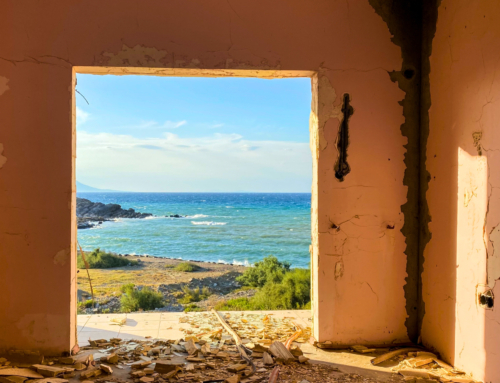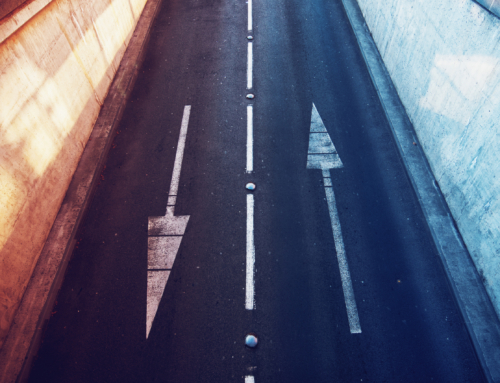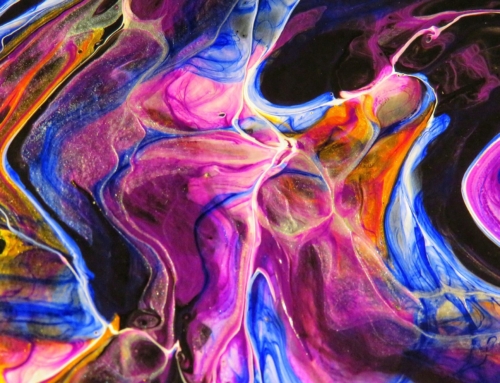Dear friends & clients,
As I start down the path of writing my dissertation (on the cultural complex of individualism and the epidemic of loneliness in the American psyche), I have been reading Johann Hari’s book, Lost Connections. He eloquently touches on the causal relationship between loneliness and depression, and the many ways loneliness has become an unavoidable feature of American life. Perhaps it always was?
I share this because in my own life I have dedicated countless hours in therapy, personal practice, and other ways of seeking for the “solution” to the pervasive state of loneliness I feel. I have felt the burden of self-blame around my loneliness: that my own habits or behaviors are the root cause of my experience.
(At one point I even accepted that my loneliness was essentially “cosmic”: that I longed for the original state of unity or wholeness that existed before birth, and incarnate life creates an essential separation that conjures an archetypal wound we all carry around.)
I’m guessing most of us assume our loneliness is our own “fault” and that it’s up to us to resolve it.
By that logic it also follows that there’s something wrong with us when we experience loneliness. And we place that burden of responsibility upon other people who reflect loneliness back to us. Or, like my cosmic tale, we’ll find or create stories that help us bypass our feelings of isolation.
We so desperately want to fix loneliness. We want solutions. Hacks.
We talk about putting the phone down, setting screen time limits, joining a club, meditating regularly, or finding the right partner. We spend billions annually on self-help and psychospiritual programs seeking for the elusive little pearl of magic that will somehow both explain and fulfill the sense of lurking emptiness we feel around every corner, at the end of every episode, when the internet goes down, after our friends have gone home, in the quiet moments before we fall asleep.
Yet the hacks we reach for just keep the loneliness at bay. I think that on some level, we don’t want to fully experience our loneliness because deep down we know that we cannot resolve it by ourselves. That makes us confront an aspect of personal helplessness, which is deemed “wrong” by our culture.
We also don’t want to need others. That’s culturally taboo. And we definitely don’t want to feel the weight of having to shift the culture. That’s way too participatory. That would mean we’d have to assume a larger responsibility – a collective one.
Your loneliness is not wholly about you. It’s not about how you’ve failed or the ways you don’t show up or how you should be doing more about it. It’s not because you’re a mediocre friend or you’re shy.
It is designed into the way we live and the values we unconsciously share as Americans.
Freedom. Autonomy. Ownership. Entrepreneurialism. It is squarely at the center of our ethos (and mythos) of personal sufficiency or “radical self-reliance” (as Burning Man attendees call it).
This is a sickness. And it is making us ill, dysregulating our nervous systems to the point where we are always just slightly on edge, vigilant, protective against some intrusion or disaster. Stress spikes in response.
In isolation we are attuned to survival, not connection.
When I really play out the external, cultural solutions to loneliness in my head, the place I always end up is some form of communal living where we recreate micro-communities, share meals, tend gardens together, look out for one another, minding our parents, children, and animals.
Every time I engage this mental exercise that’s where I end up. And I’m not entirely convinced that everything else we do in its absence isn’t just a band-aide for our homesickness for a way of life that has been robbed from us culturally, collectively.
But I do believe there are ways to alchemize our feelings and experience of loneliness, and I believe it’s vital we begin to do so – something I intend to explore in an upcoming group program.
Your loneliness isn’t entirely yours. It is shared. And when we begin to acknowledge it, to let it seep into those little spaces, to feel it fully, we might begin to transform it. We might find the strength to choose a different way of life that seeds a cultural shift. We might pick up the phone, move closer to family and friends, arrive early and stay late, and let go of materialistic competition.
We might demand a system of values that serves our humanity rather than starves it.
And as always, I’m here for you as guide, coach, shoulder, and support as you and we navigate these waters and these isolating times. Just hit reply, or forward along to someone who needs it.
Erika




![The Weight of Assumed Potential [New Year Newsletter]](https://www.erikaleighraney.com/wp-content/uploads/2022/01/simon-berger-hxMdsEaiSyE-unsplash-500x383.jpg)
